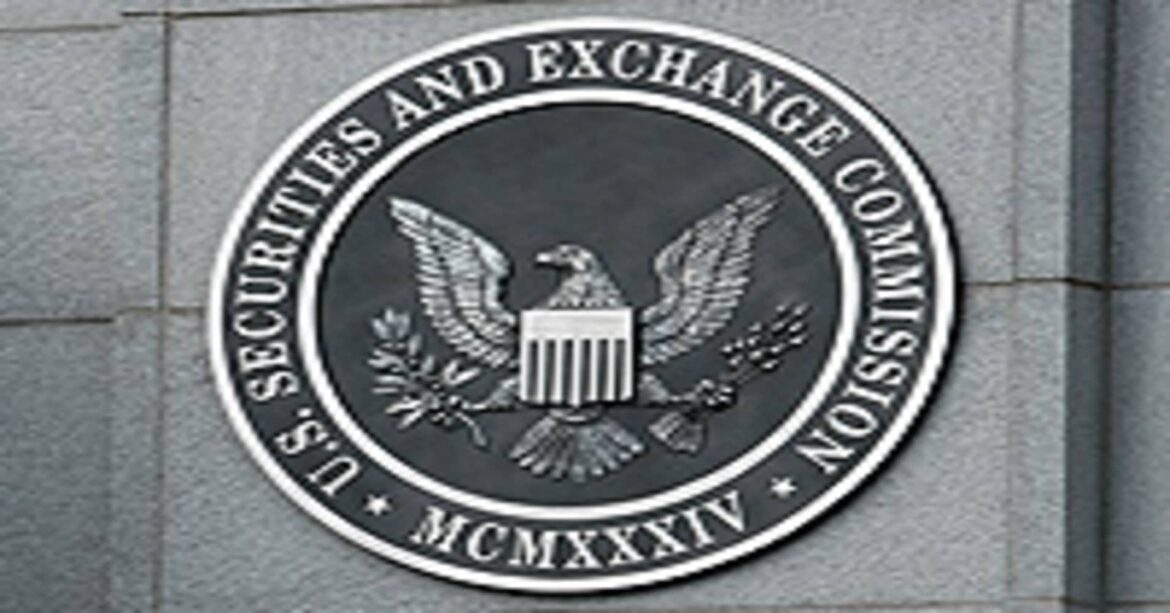Securities and Exchange Commission (SEC)
The Securities and Exchange Commission (SEC) is an independent agency of the United States federal government that regulates the securities markets, including stock exchanges, mutual funds, hedge funds and other investment vehicles. The SEC also oversees broker-dealers, investment advisers, transfer agents and clearing agencies. It has authority to investigate potential violations of the securities laws in order to protect investors from fraud or other misconduct by issuing cease-and-desist orders or fines against those who violate its rules. The SEC was created by Congress in 1934 with passage of the Securities Exchange Act to protect investors against fraudulent activities on Wall Street.
The mission of the SEC is “to protect investors; maintain fair, orderly and efficient markets; facilitate capital formation; promote healthy financial structures.” To achieve this goal it works with all participants in the financial system – including issuers, brokers/dealers/investment advisors, self-regulatory organizations such as stock exchanges as well as accounting firms – to ensure compliance with applicable laws designed for investor protection.
In addition to regulating trading activity on public stock exchanges such as Nasdaq or New York Stock Exchange (NYSE), the SEC also monitors transactions related to cryptocurrency assets like Bitcoin, Ethereum etc., which are traded through online marketplaces known as digital currency exchanges (DCEs). In 2018 SEC issued a warning statement about investing in cryptocurrencies due to their high level of risk associated with them and lack of transparency when it comes down regulation enforcement policies applied by DCEs. Moreover due to their decentralized nature they can be used for money laundering purposes unless appropriate measures are taken at exchange level regarding Anti Money Laundering regulations (AML).
The aim of these regulatory actions is not only focused on protecting individual investors but also ensuring that these cryptoassets remain compliant with existing U.S federal securities law framework so they can eventually enter into mainstream financial system if needed . As part of this process each DCE must register itself with the US Commodity Futures Trading Commission(CFTC) before offering services mainly focusing on providing timely customer service & dispute resolution procedures alongside regular monitoring activities performed at both platform & user account levels for suspicious behavior detection .


